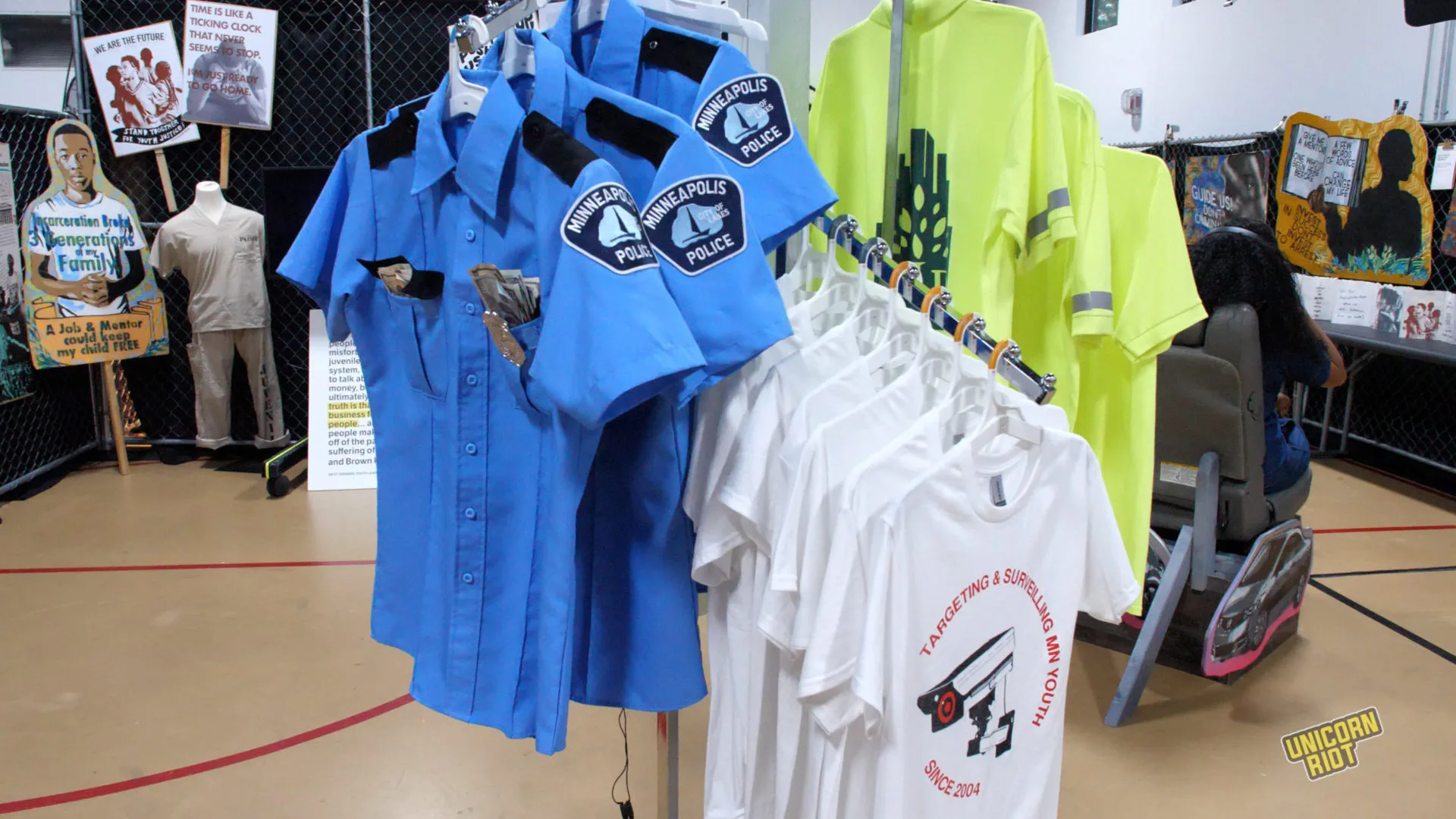- cross-posted to:
- shoplifting
- cross-posted to:
- shoplifting
Removed by mod
It’s not about shoplifting.
How Target Helps Drive Youth Incarceration
The exhibit was inspired by Unicorn Riot’s reporting on Target’s SafeZone surveillance program created in 2004, and the Downtown 100 (DT100) program created in 2010. Through the SafeZone surveillance system, Minneapolis police and the DID staff monitor Target-donated surveillance cameras in efforts to crack down on “lifestyle” offenses: shoplifting, panhandling, vagrancy.
The DT100 was a quarterly list of 100 names of youths, nearly all of them Black, who frequented downtown Minneapolis and had the most police contacts. Target surveillance has been used to prosecute youths on the DT100 for minor infractions that typically don’t cross the threshold for criminal offenses.
That’s not the kind of targeting they’re talking about in the article at all. According to the article, Target provides a lot of funding to the police and other government functions in Minneapolis. They also provided some rather suspect “expert testimony” that linked an innocent child to a crime based on the pants they were wearing in a Target surveillance video. Target also teamed up with Minneapolis police to maintain a list of 100 predominantly black at risk youths so that the minor crimes of those youths would get more severe prosecution and punishment to make sure they ended up in jail for minor offenses instead of receiving the housing and support they needed to stay out of prison.
Yes, I’m kind of torn on this because making a list of kids for police to focus on can definitely lead to harassment and being charged with more serious crimes by association or by reputation in the absence of evidence. But compared to the typical policy of waiting until shoplifter has racked up felony levels of theft, prosecuting smaller crimes could have a less negative impact on life than a larger more permanent conviction. Not sure what was actually happening here though because the article doesn’t have many details.



